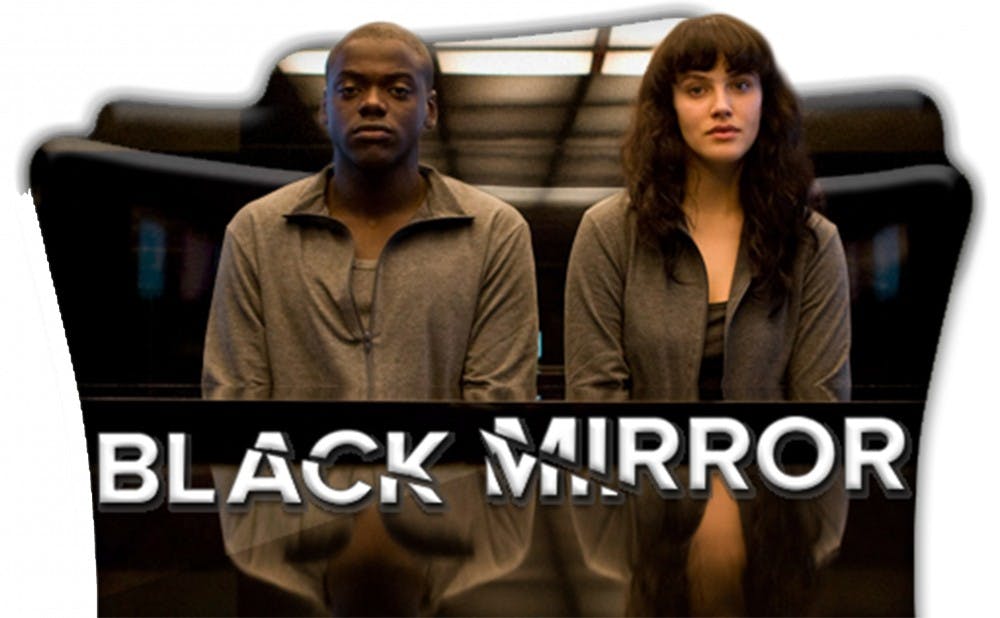Technology is ubiquitous. It extends its tendrils into every corner of the world. It seems to make our lives better and easier, but complications inevitably arise. Charlie Brooker’s acclaimed TV anthology “Black Mirror” reflects on the dark and unforeseen consequences of future technology while raising questions about the dangers of our current technological obsession.
Every episode is a world unto itself. Varying in content but sharing the same dark tone and emotional intensity, each installment sends us teetering to the edge of a psychological extreme. Always delightfully unpredictable, “Black Mirror” is an equally exhilarating and disquieting experience.
Brooker’s show is fearlessly imaginative as it delves into issues like privacy, memory and grief. The pilot of the first season “The National Anthem” marks a bold start. The prime minister of the United Kingdom becomes involved in a kidnapping when a ransom video orders him to have sex with a pig or risk the hostage’s life. He tries to keep the situation under wraps but soon the entirety of Great Britain is privy to the news. While the incident is rather absurd, “The National Anthem” is a harsh reminder that privacy has become a thing of the past and people’s personal lives are cinematic performances for strangers to critique.
In “The Entire History of You,” Grain is an implant that allows all of a person’s memories to be recorded. Nostalgia takes on a whole new meaning as the past can now be replayed ad nauseam in dizzying HD. Brooker’s gripping writing coupled with dynamic performances makes this one of my favorite episodes of the series.
Yet another of my favorites is “Be Right Back,” which involves a software service that can accurately imitate a deceased person by using his online communications. On the surface, it is a creative exploration of the future of technology. But at its core, it is an intimate portrait of love and grief. Like in “The Entire History of You,” the tangible chemistry between the two leads give it a precious authenticity.
The third leg of the show continues to address the kind of provocative subject matter of the previous seasons. A noticeable change is that the latest season features an American cast instead of a British one. But nothing has changed in terms of quality. The episodes continue to surprise and captivate.
Starting off the third season is “Nosedive," an unabashed critique of modern social media. Its main character, Lacie, lives in a world where a person’s “rating” determines everything. This episode comments on our dangerous pursuit of “likes” and “favorites” that determines placement on the ladder of social hierarchy. In order to advance towards a fictional ideal of success, we sacrifice our real identities for superficial and pixelated ones.
In “Black Mirror,” technology enables people to commit morally questionable acts with little consequence. It is so powerful that blackmail, torture and mass murder can be achieved remotely behind the computer screen in complete anonymity. As depicted in “San Junipero,” it even allows us to defy mortality. In a not-so-distant future, cancer and terminal illness still plague our society. But one way to escape death is to have our consciousnesses uploaded to a cloud where we “live” for as long as desired.
But how far is too far? Because regardless of how advanced technology becomes, there will come a moment when it fails us. When it becomes more unnecessary than helpful, when we venture into unknown territory, we risk confronting the demons we unknowingly created
Get The Chronicle straight to your inbox
Sign up for our weekly newsletter. Cancel at any time.

